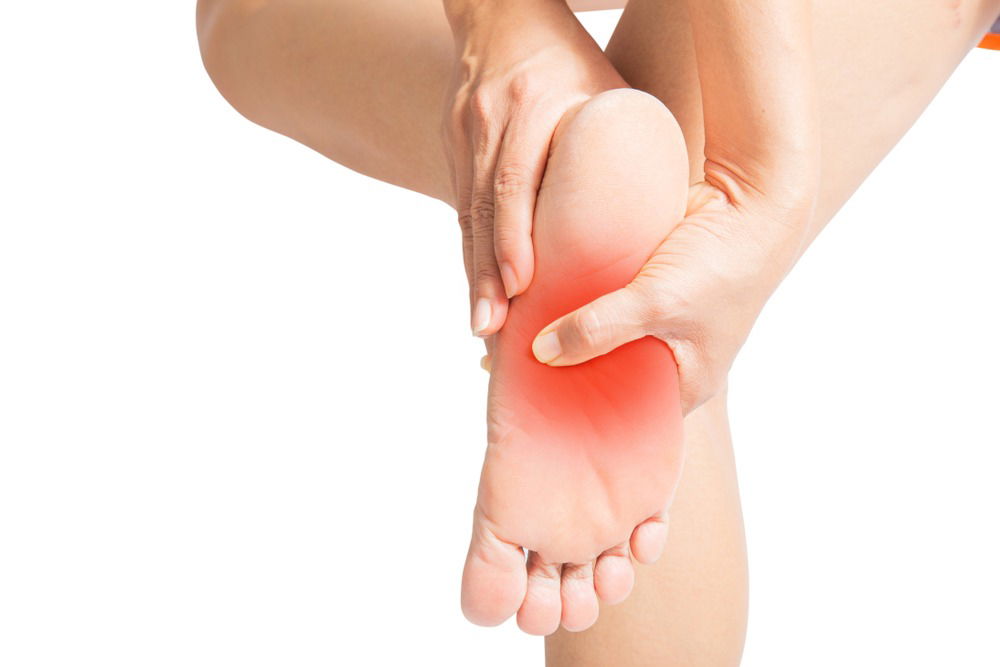ADVERTISEMENT
Proper diagnosis is critical, as neuropathy symptoms often resemble those of other conditions such as plantar fasciitis or spinal problems.
A podiatrist can help determine if the issue is foot-related and may recommend orthotic footwear. Neurologists use tests like EMG and nerve conduction studies to identify the specific nerves involved.
Imaging tools like X-rays and MRIs can uncover herniated discs or spinal stenosis, while blood tests can reveal issues like vitamin deficiencies, infections, or diabetes.

Treatment Options
Treating peripheral neuropathy involves addressing both the symptoms and the underlying cause. A combination of medication and lifestyle changes is usually most effective.
Medications include:
- Pain relievers: Over-the-counter options like ibuprofen can ease mild symptoms; stronger cases might need prescription painkillers.
- Antidepressants: Drugs like amitriptyline or duloxetine change how the brain processes pain.
- Anti-seizure medications: Gabapentin and pregabalin help calm nerve signals.
- Topical treatments: Lidocaine patches or capsaicin creams provide local pain relief.

Lifestyle changes are equally important:
- Healthy diet: Include B-vitamin-rich foods (e.g., leafy greens, eggs, meats) and antioxidant-rich snacks (e.g., berries, nuts).
- Blood sugar management: Essential for those with diabetic neuropathy.
- Regular exercise: Activities like walking, yoga, or swimming improve circulation and reduce discomfort.
- Avoid alcohol and tobacco: These substances worsen nerve damage and should be reduced or avoided altogether.
Home-Based Relief Strategies
ADVERTISEMENT
ADVERTISEMENT
